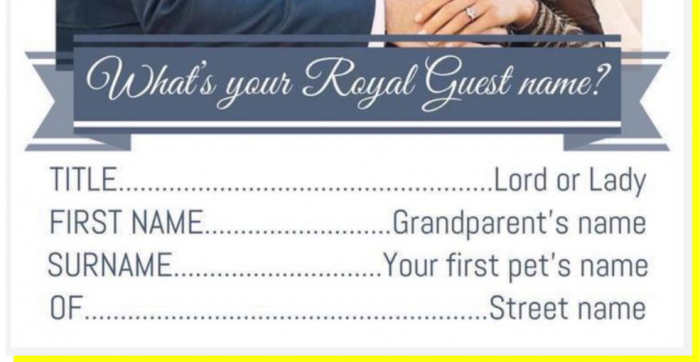At Cambridge & Counties Bank we recognise the importance of our customers’ data, whether it be personal or business specific.
Data in the modern world is a powerful tool. Its value has increased, as more and more of our data is collected on a day-to-day basis. Unfortunately, while there are a lot of legitimate uses for your data, it can also be used maliciously.
As a bank we have implemented several safeguards to keep your data safe and secure; but as National Data Protection Day (28 January) draws closer, we want to use this as a chance to remind our customers of a few things they can do to minimise the risk of their data being compromised.
1.Have you ever stopped to think about who is collecting your information?
Many of us may have seen or have been tagged in posts on social media that centre around different topics of conversation. While this doesn’t always mean that someone is at the other end waiting to steal your data, this runs the risk of unknowingly giving out sensitive information.
For example, in 2018 a ‘What’s your Royal Guest name’ quiz circulated on Facebook:

While it may be a bit of fun, the street you grew up on, your first pet’s name, or your grandparents’ names are some of the most used ‘memorable’ security questions to log into online accounts. That’s why it’s so important to think about who can see the information that you put online, and what it is you’re sharing.
2. What is your data being used for?
Some uses of information seem straightforward. For example, when you provide information for insurance quotes you end up receiving insurance quotes. But did you know the information provided can also be shared with other third parties? This information can be given to tracing agencies or marketing companies who may use the information differently from what you originally intended.
There is a huge market for mining data, and this can be used to build up profiles which can paint an accurate picture of your hobbies, personality, political leanings, or religion. The European Commission forecasts the data market in Europe could be worth as much as €106.8bn by 2020.
To stay in control of your data, always look at a company’s privacy notice to see why and where your data is being processed prior to providing it.
3. How secure are your online accounts?
Passwords keep your online accounts safe but when did you last change your password for the key systems you use? While it may be easier to use the same password for multiple sites, if one of the sites that you are registered with experiences a data breach, then this information can be used to access any other of your accounts that use the same login details.
In 2018, almost 150 million users had their personal details compromised as the fitness app MyFitnessPal suffered a security breach, this included emails, passwords, and usernames. Make sure that you use a strong password (at least 10 characters, a mixture of lower and uppercase letters, a mixture of numbers, and at least one special character). In April 2019, a study by the National Cyber Security Centre found that ‘123456’ was the most widely used password on breached accounts, so try to avoid making it easier for those trying to gain access to your data. Take a few minutes now to update your passwords.
At Cambridge and Counties Bank we like to be open and honest with our customers about how we use their data, which is why we clearly detail in our privacy policy, what we do with your data and why we are collecting it. A copy is always available on our website.
In addition, within our privacy policy we ensure our customers know their rights regarding their data and have a simple process for customers to follow to administer any requests.
Finally, we also have a dedicated Data Protection Officer who is available to answer any queries regarding how Cambridge & Counties Bank uses your data ([email protected])

